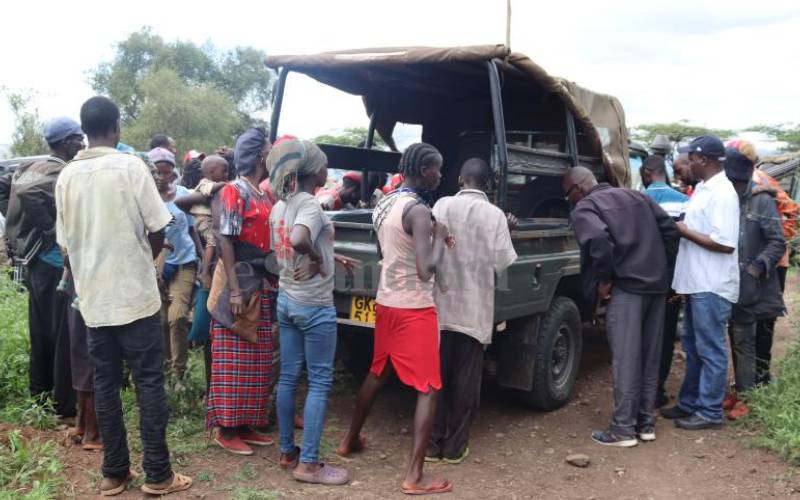×
The Standard e-Paper
Fearless, Trusted News

At least seven people were killed over grazing land conflict in Tigania East, Meru County on January 5, 2021. [George Kaimenyi, Standard]
Loss of lives in attacks, disasters and accidents have a way of making ‘relevant’ eyes open wider to the seriousness of certain matters.